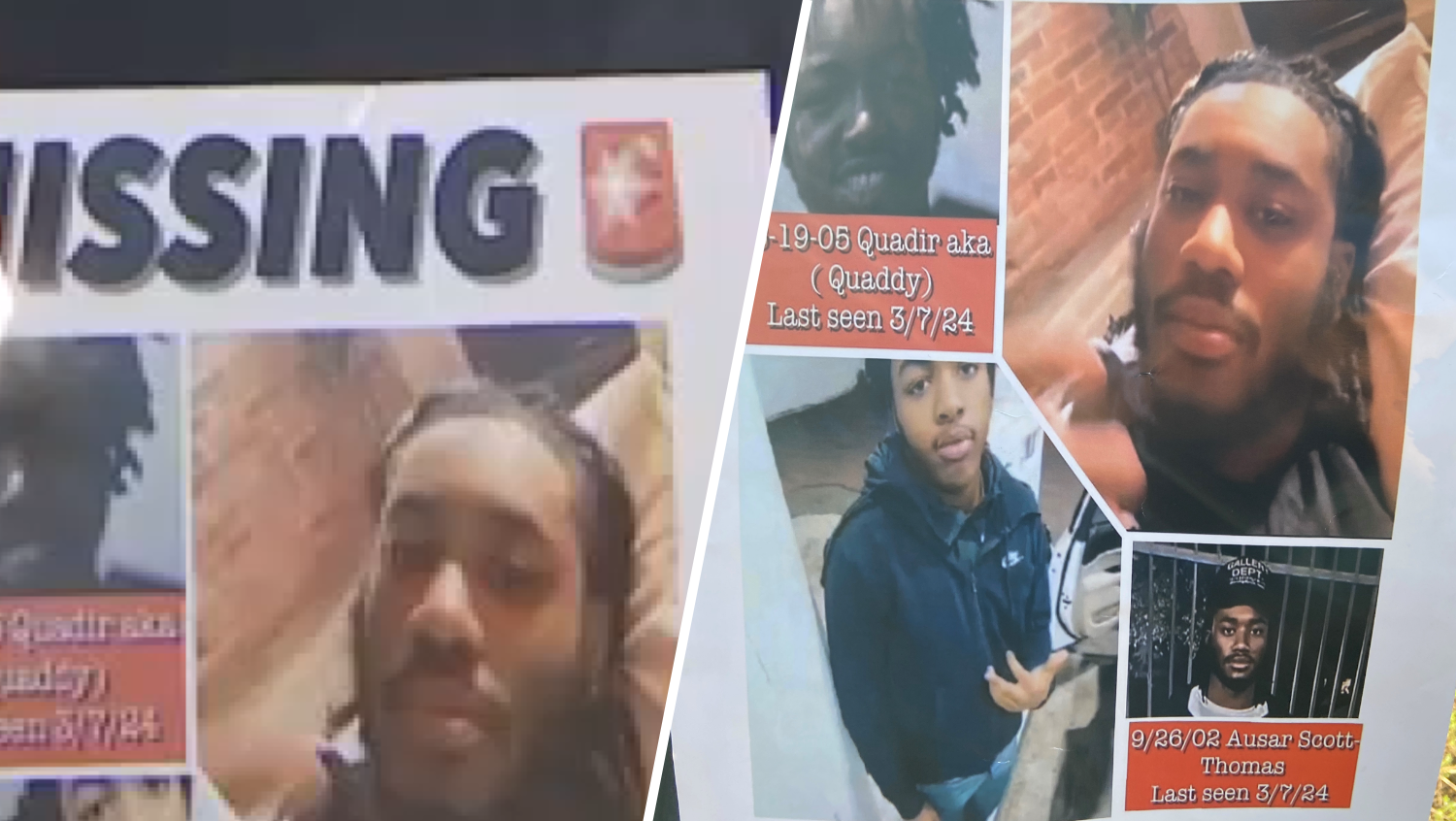Evan Cherry admits that there's a very good chance he should be dead, or at the very least locked up.
In February 2017, Cherry, now 25, was using heroin, facing arrest warrants, was borderline homeless and had no family or friends who wanted him around. He didn't know what to do.
In the back of his mind, he remembered that police officers from the township had tried to encourage him to speak to Riverside, New Jersey, police Lt. Lou Fisher, who, with the help of certified interventionist Michael Sarubbi, had created the New Jersey Treatment Incentive Program, to help people struggling with addiction and facing charges get treatment instead of jail time.
He eventually worked up the courage to attend a meeting Fisher was speaking at.
"He said (he) was really happy that I came to him for help,'' Cherry recalled. "He keeps tabs on all the drug use in the area so he knew that I was using for a really long time.''
Cherry is one of between 70 to 80 people to be a part of the program.
The idea behind the diversion program came to Fisher in 2013 when he began tracking residents who were constantly either getting arrested for crimes to help feed their addiction or getting revived after an overdose. Sarubbi, who had worked in the treatment industry, heard Riverside was struggling with a heroin issue and decided to pitch his services. The pair teamed up and figured out a way to stop cycling people through the system.
Local
Breaking news and the stories that matter to your neighborhood.
"What usually happens is, if you get arrested for theft or for burglary or one of those types of addiction-fueled crimes, you're going into jail _ and this was even before bail reform _ you'd stay in jail for maybe two weeks, up to a month,'' Sarubbi said. "You would be detoxed in jail with no treatment, no therapy ... so when they get out they go straight back to using and the next thing you know they're committing crimes again and it's just an endless cycle and that cycle needs to be broken.''
Cherry was one of those people looking for another way because jail hadn't helped him.
"I've been in and out of the system,'' he said.
Throughout the year, this series will identify efforts being made to save lives impacted by addiction and identify those barriers that keep help out of reach.
The day after he spoke to Fisher, Cherry met with him and Sarubbi before they sent him off to Sunrise Detox in Cherry Hill. From there, he was taken to an inpatient program in Pennsylvania where he stayed for four months, followed by six months of intensive outpatient treatment. Cherry's now in the last phase of the program, a sober living home in Philadelphia, while waiting for his September court date to get his charges dropped.
TIP lasts about 18 months and includes six months of inpatient treatment, followed by a year of outpatient treatment and sober living. At the end of the program, Fisher appears with the client in court to ask the judge to drop the charges after submitting proof of their recovery.
"The reason we chose 18 months is because some of the clinical people who sit on our board felt that 18 months was a good amount of time for the external motivation to become internal, where now they're not doing it because they want to stay out of jail,'' Sarubbi said. ``They're doing it because their life is improved.''
Cherry started to get those feelings around a month into treatment.
"After not being sick for a week, I decided once I leave here I'll continue to get high,'' he said. ``But something happened about 30 days (in) and I kinda grasped the idea, the concept of potentially staying clean. I started actually working with my counselor instead of just going through the motions and telling them what they want to hear and I learned a lot, a lot about myself.''
Since then, Cherry said he's had a dramatically different life.
"Now I have a roof over my head,'' he said. ``I have friends. I have family that wants me around. I have a full-time job and for the first time in 10 years, I'm going back to school.''
Rehabilitating people like Cherry has also helped the town, according to Fisher. While the department will be releasing specific data related to the program in the coming weeks, Fisher said they were able to notice an improvement in the crime rate at least partially driven by TIP.
"The year prior to the implementation of TIP, Riverside was ranked 10th in the highest crime in Burlington County and as of 2016, Riverside had one of the lowest crime in Burlington County,'' Fisher said. ``One of the main contributors to the lower crime was that all theft-related crimes are lowered, including burglary.''
That's because many of the people committing those crimes were either in treatment or weren't struggling with addiction, Fisher said. The program also has helped keep people like Cherry alive.
"Those guys saved my life,'' he said. "And I tell them all the time _ they don't like to take credit for it, but I mean honestly, if they never did this, I'd be in a whole different situation. I'd probably be dead, but I'd definitely be in jail.''



